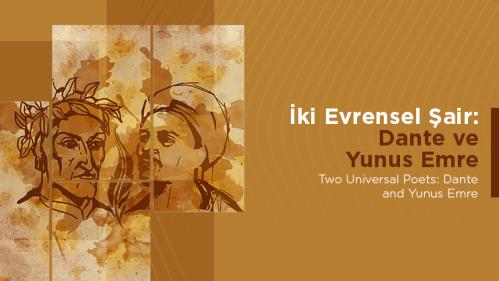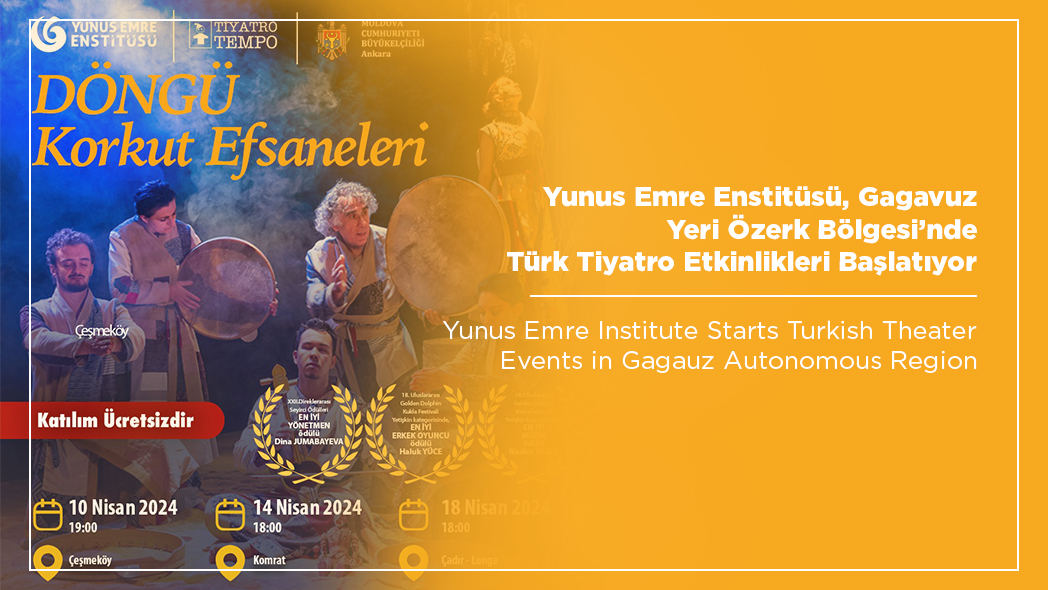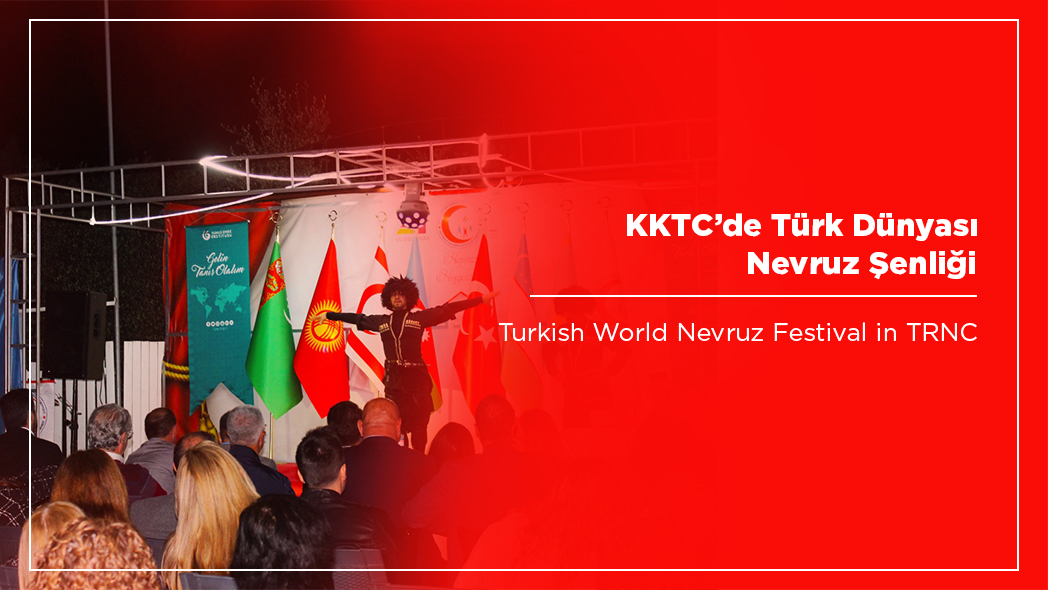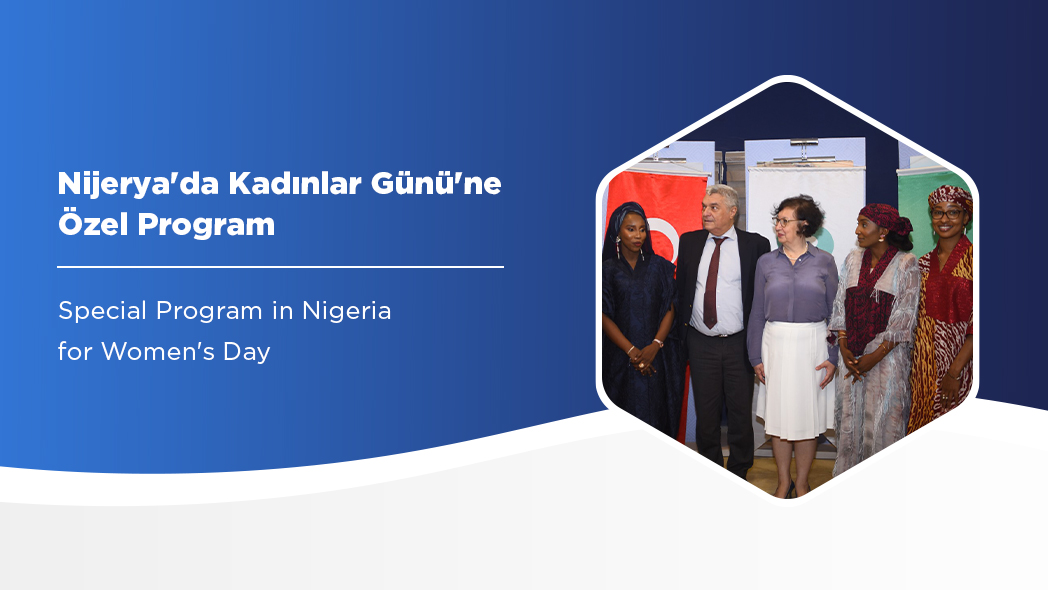Two Universal Poets: Dante and Yunus Emre
Diplomats and academics who participated in the event organized by Yunus Emre Institute (YEI) for Yunus Emre and Dante evaluated the common characteristics of the two poets and their contributions to their mother tongue through their works.
Diplomats and academics who participated in the event organized by Yunus Emre Institute (YEI) for Yunus Emre and Dante discussed the contribution of the two poets to their mother tongues with their works presented to humanity.
Turkey's Ambassador to Rome Murat Salim Esenli, Italy's Ambassador to Ankara Massimo Gaiani, Chairman of the Turkish National Commission for UNESCO Öcal Oğuz, YEI President Şeref Ateş, Rome YEI Director Sevim Aktaş, Istanbul Italian Cultural Institute Director Salvatore Schirmo and academics attended the online memorial event organized by the Rome YEI Turkish Cultural Center as the United Nations Educational, Scientific and Cultural Organization (UNESCO) declared 2021 the Year of Yunus Emre and Dante.
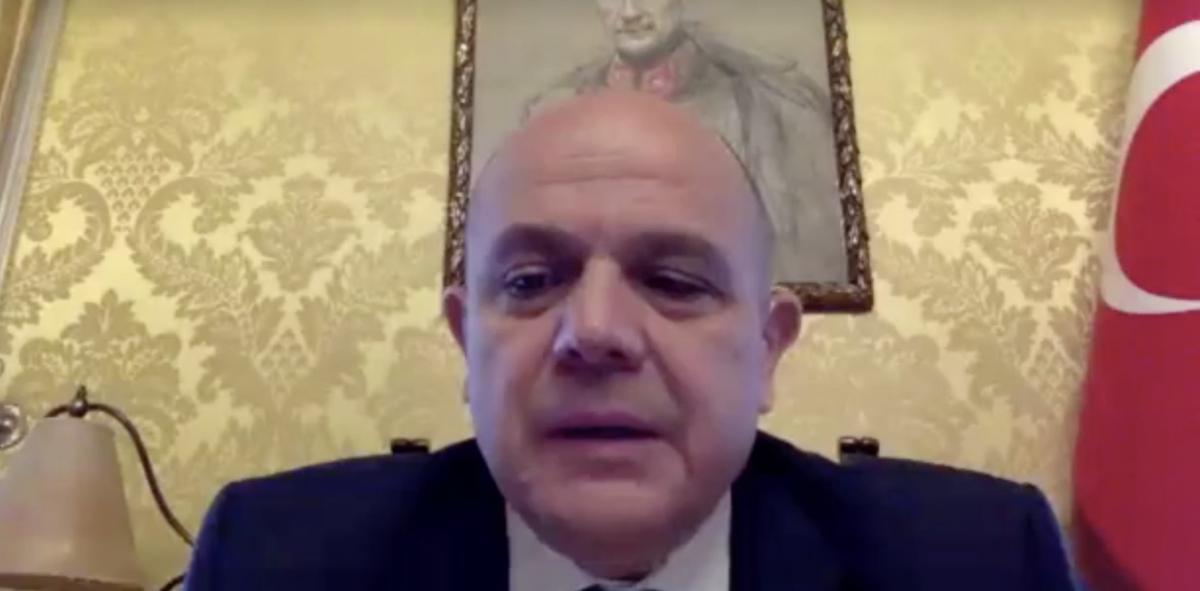
In his speech at the event, Ambassador Esenli stated that 2021 is the 700th anniversary of the death of both poets and said, "Yunus Emre argues that this world is temporary, that the main purpose of the humankind is to purify themselves of the pleasures of the world and enter the path of Allah. Therefore, he set his path to spread the love of Allah.".
Esenli stated that both poets analyzed and warned the people who would came 700 years after them and said, "Both Yunus Emre and Dante have put forward a vision from the perspective of their understanding of the creator and the value they assigned to the people, which still remains valid today and will remain valid in the future."
Esenli gave examples of the poems of Yunus Emre and Dante and said: “Both poets depicted the person that would live 700 years after themselves through a unique foresight. Back then, they foresaw the individuals of the modern world who would consume their lives in pursuit of worldly desires.”.
"THE VALUE THEY GAVE TO HUMANKIND IS APPARENT IN THEIR WORK"
Esenli mentioned that the value that Yunus Emre and Dante gave to the humankind was apparent in their works and continued his speech as follows:
"Today, Dante's Divine Comedy is seen as one of the most fundamental sources of humanism. Yunus have also laid the foundations of humanism in Anatolia far beyond his era by explaining how serious it is to break someone's heart in his works.”.
THE MARK LEFT BY DANTE AND YUNUS IS QUITE STRONG
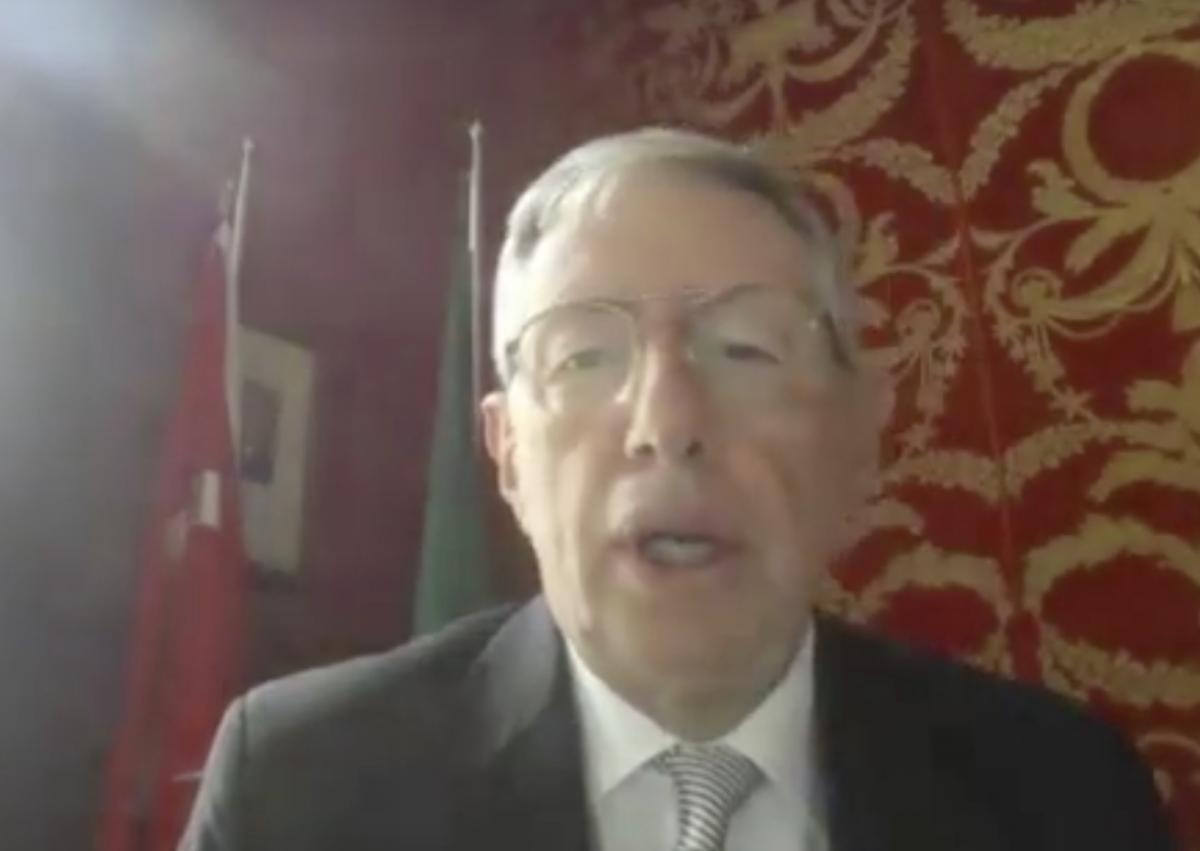
Italy's Ambassador to Ankara Gaiani said, "One of the common characteristics of both poets is that they have transformed their own languages into cultural and literary languages in their most natural and truly impressive form and that the language they used has really come to this day as a modern language. I think the mark they left is quite strong, quite deep, and valuable. I wish for a world where the message of Dante and Yunus Emre will be universal.".
Öcal Oğuz stated that Dante's and Yunus Emre's styles and understanding of the world were quite similar to each other and said, "For example, the method of personifying such concepts through the Heaven and Hell in the Divine Comedy and Yunus Emre's allegorical style in Risaletü'n-Nushiyye are quite important in terms of their periods.".
Oğuz stated that Dante provided a contribution for Italian language similar to that provided by Yunus Emre for the development of Anatolian Turkish.
"WE CAN FEEL MORE OF YUNUS' IDEA OF BREATH"
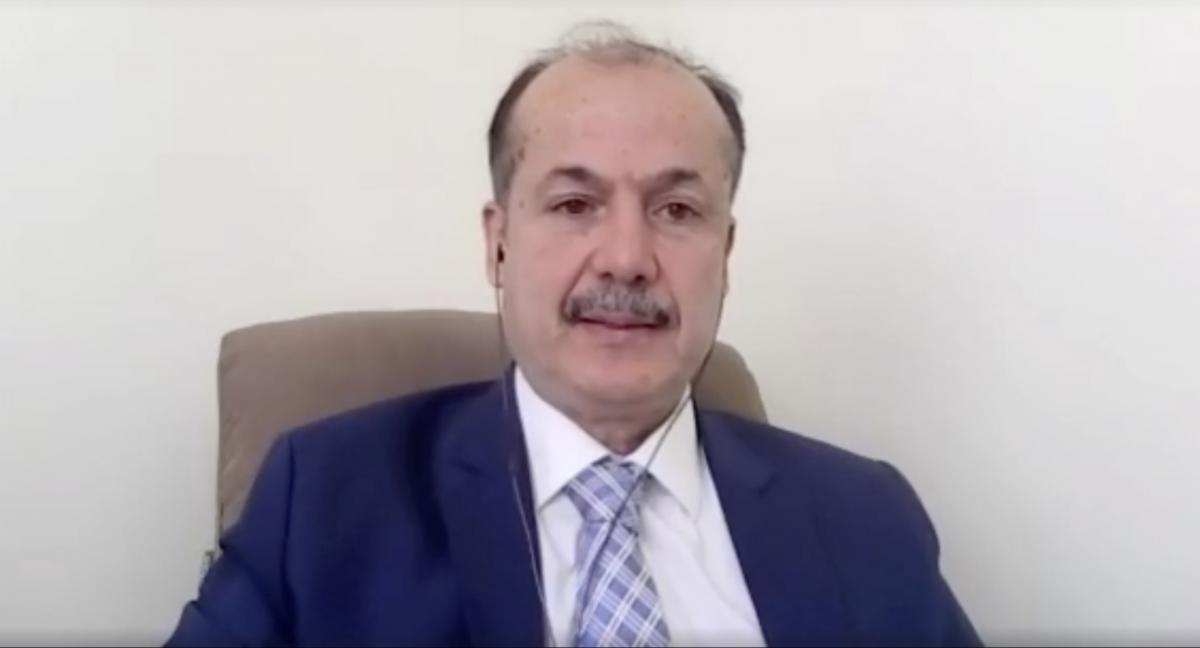
President of YEI Prof. Şeref Ateş highlighted the similarities of both poets who lived 700 years ago and said, "They are not only important because of the difficulties and hardships they endured or the period they lived in, but what they wanted to achieve is also quite valuable. Just like 700 years ago, we are going through similar difficult times.".
Expressing that humanity needs unity, Ateş said, "For the past year, we can feel more of Yunus' idea of breath. The breath we share carries disease and death to each other. Thus, it reveals the fact that we must think before breathing and thank him".
THEY HAVE MADE A SIGNIFICANT CONTRIBUTION TO THE LANGUAGES OF THEIR COUNTRIES
Ankara University Lecturer Nevin Özkan and Co Foscari University Lecturer and Turkologist Giampeiero Bellingeri reviewed the reflections of Yunus Emre and Dante's works on today's world.
Özkan noted that in his work of Divine Comedy, Dante spoke of human nature, which has never changed for the past 700 years and said, "For Dante, the concept of compassion is really quite important, and he discovered the great importance of these concepts at the age of 35, which he described as the middle of his life journey. This is also one of the important concepts that have found its place in our own literature."
Referring to the similarities between Yunus Emre and Dante, Özkan said, "We can see that both poets were in a search for the truth. In their works, they have made it abundantly clear to us that they carried the goal of a divine union, a sacred union, to come together with those who have somehow achieved the grace of God and to be in sync with them in a spiritual sense.".
Speaking about the importance of the two poets in history, Özkan continued her words as follows:
“One of the common points that unites Yunus Emre and Dante is their contributions to the languages of their countries. Anatolian Turkish owes its transformation into a language of writing, a language of art, a language capable of describing thoughts and emotions at a superior level to Yunus Emre.”
Özkan stated that Yunus Emre's idea of good is about winning people and said the following in her speech:
“I would also like to focus on Yunus Emre's Sufi philosophy, because there is this great driving force behind the poems of this thinker and poet: the absolute god, who is eternal, created the universe and humankind to see himself in all forms of good and evil. If there is no evil, the value of good cannot be comprehended. Therefore, it is necessary to accept someone with love even if they temporarily lost themselves in the path of evil.”.
Özkan stated that the Oghuz tribes who settled in Anatolia did not force their language on anyone, and thus, they laid the groundwork for the upbringing of many thinkers, and said:
During the 13th century, many Oghuz tribes from Turkmenistan settled in Anatolia. However, the sedentary peoples would never go out of their own lands, and the newcomers would never force their languages or religions to the local populace. Cities such as Konya, Kayseri, Sivas became major cultural centers, and philosophers and poets such as Rumi, Shams Tabrizi and Yunus Emre were brought up in these centers.".
Bellingeri said, "One of the similarities between Yunus Emre and Dante is that both poets have resolutely marched towards the God, to the divine, to the sacred with the idea that they have lost their way and in accordance with their goals. As such, they have created their most valuable works through the magic of inspiration they received from the creator.".

